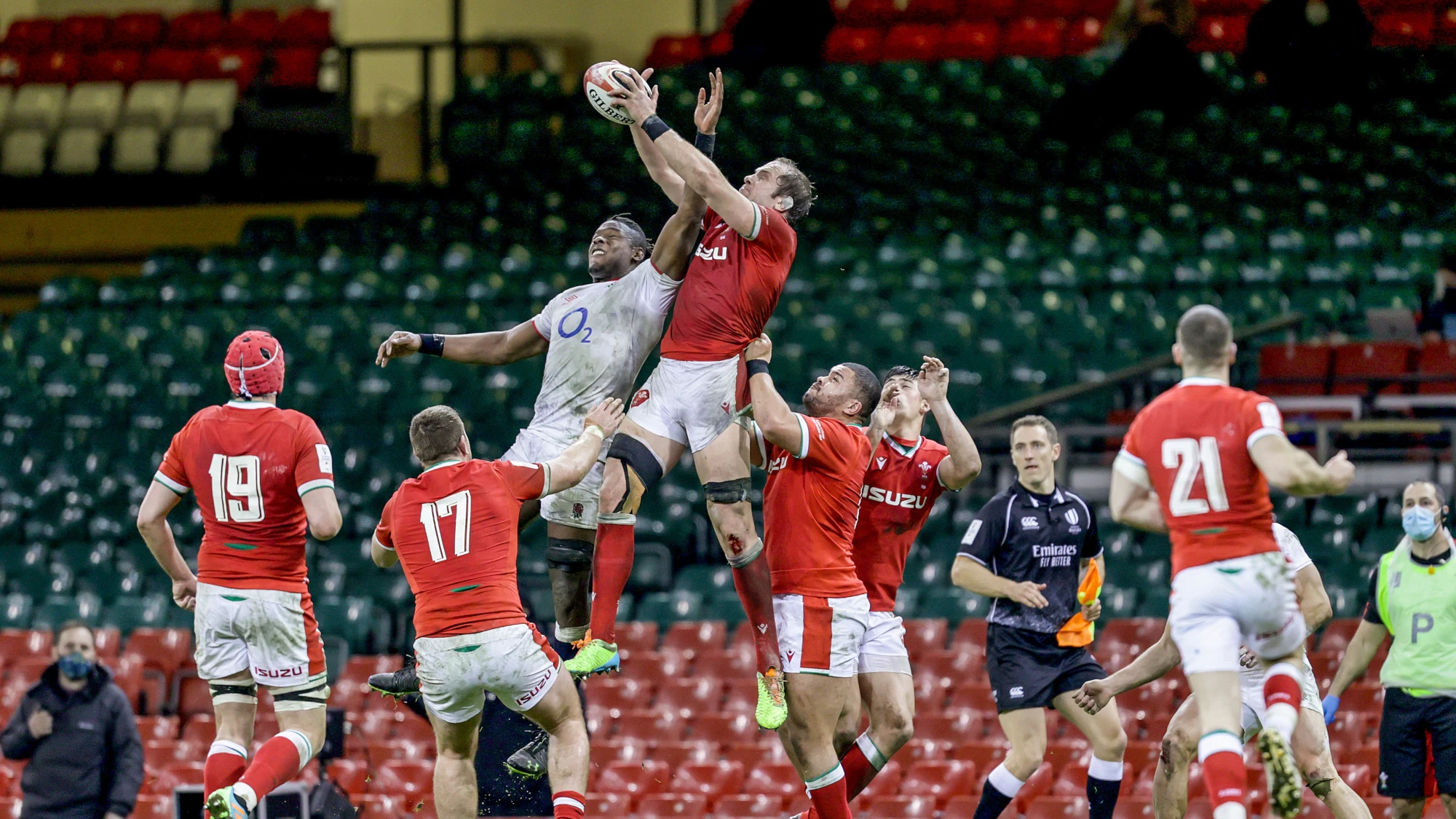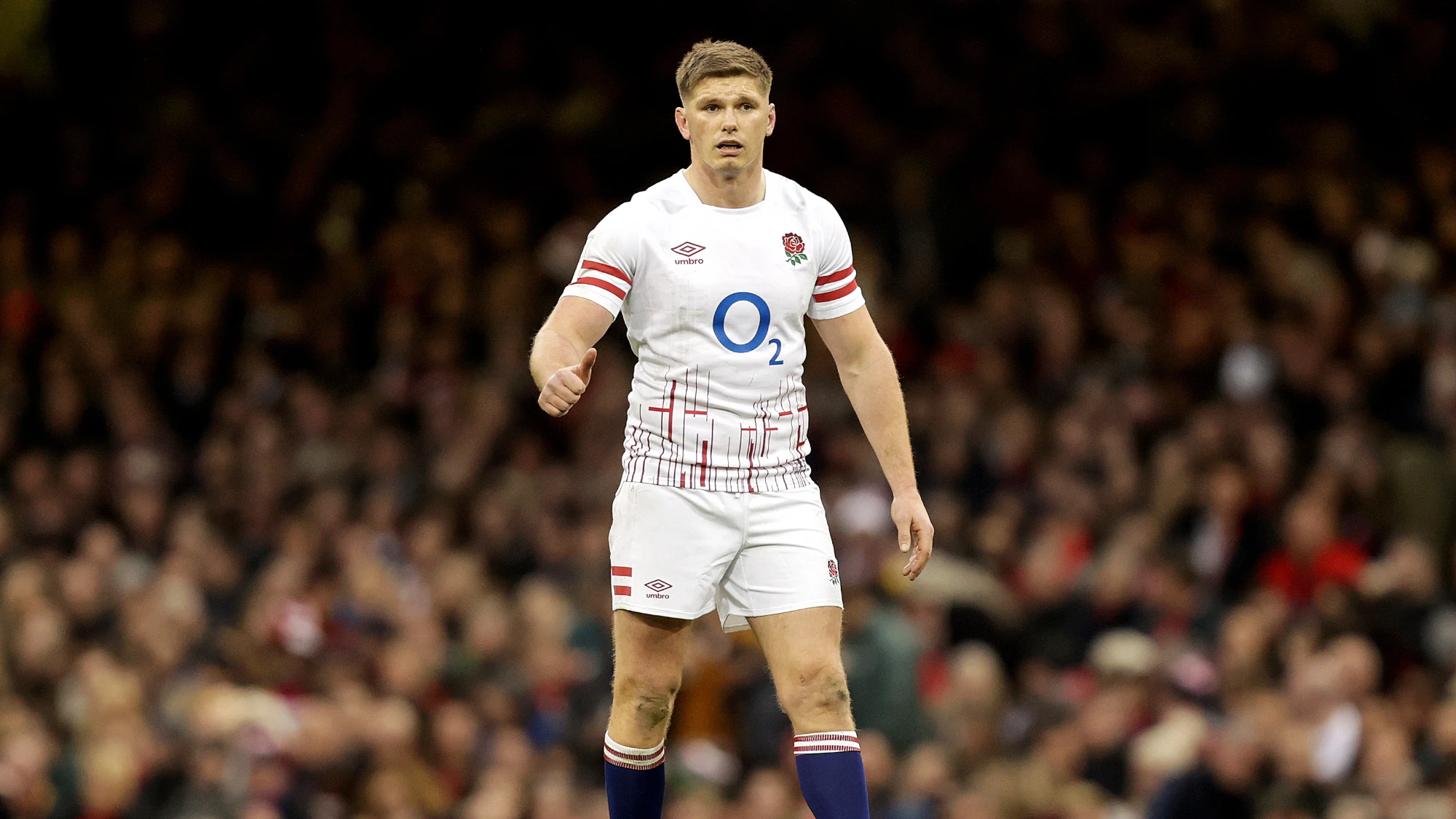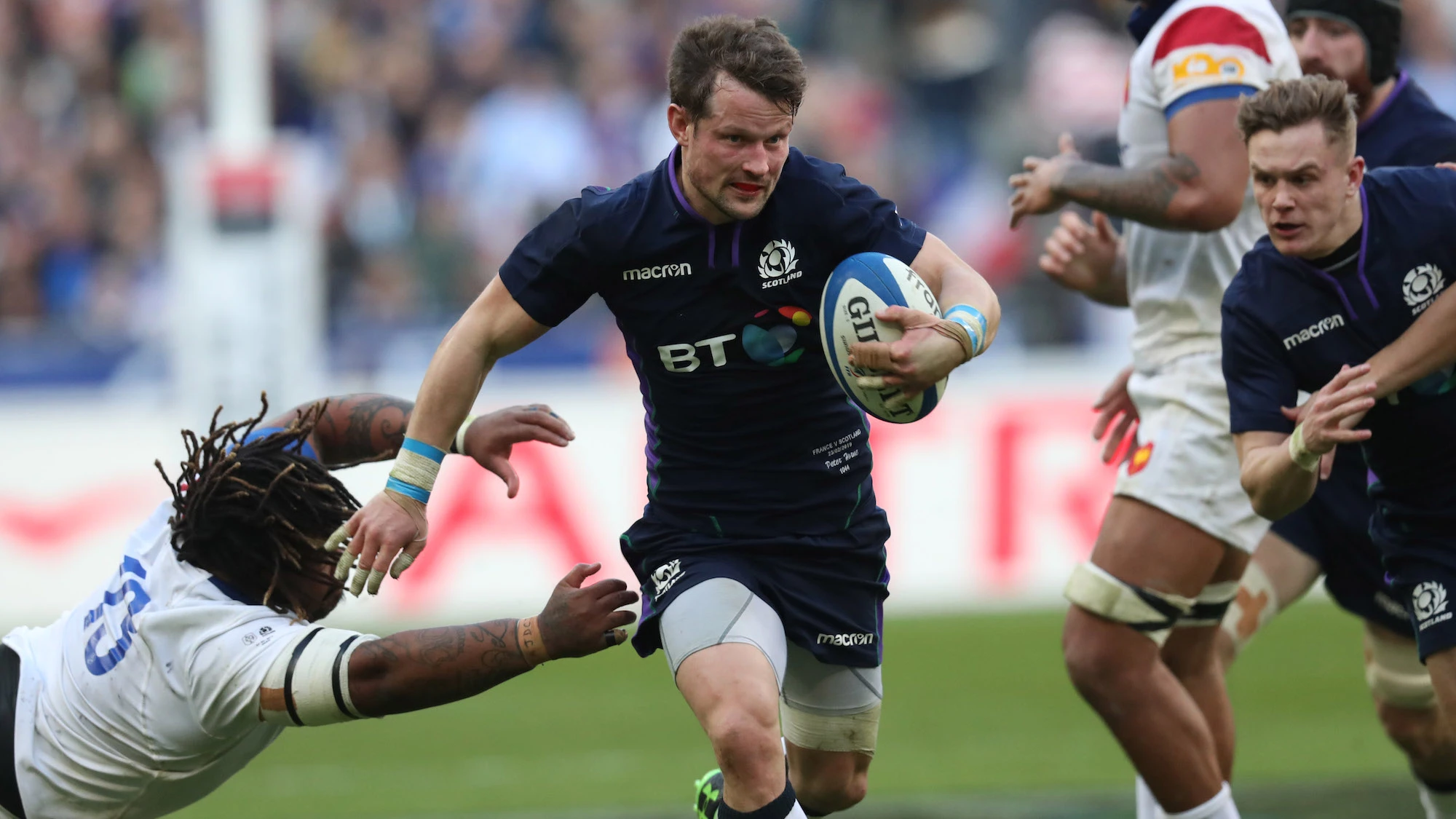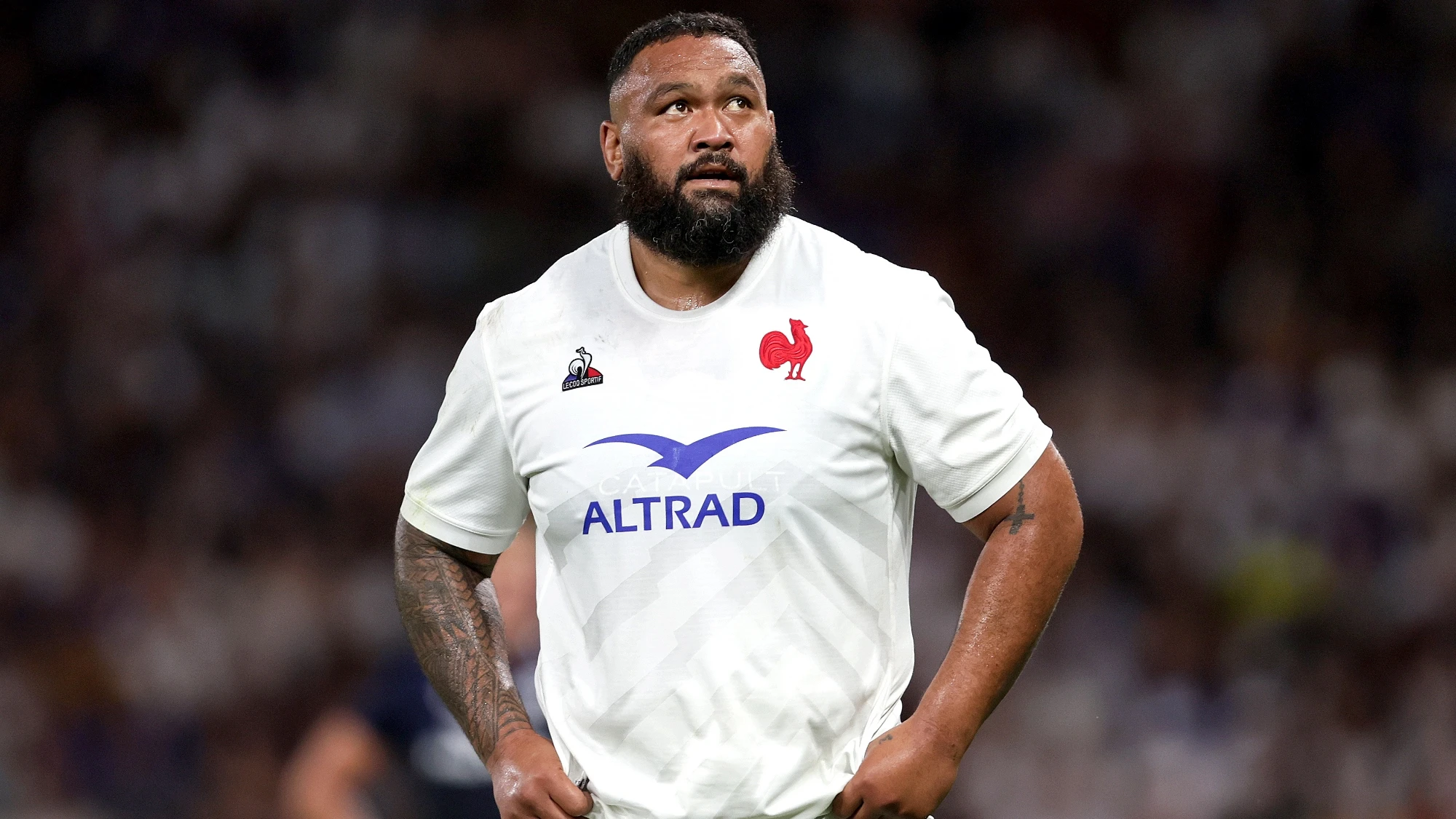Warren Gatland will find himself in a familiar position this Thursday when he announces his British & Irish Lions squad for the third time.
After the 2013 tour to Australia and the 2017 tour to New Zealand, Gatland will complete the set as a head coach with this summer’s tour of South Africa.
It comes 12 years after Gatland’s first involvement with the Lions, as forwards coach under Sir Ian McGeechan against the Springboks, who were then world champions as they are now.
While every tour is different, there is one word that comes up time and again when it comes to taking on South Africa – physicality.
The Springboks will look to control the game with their forwards. It worked for them at the World Cup where front-five dominance was key to their final success over England.
The ‘Bomb Squad’ – their power-packed bench made up for six forwards and two backs – was able to ensure the Springboks would be able to challenge the opposition physically throughout the 80 minutes.
We have not seen South Africa in action since that World Cup final in Yokohama, but new head coach Jacques Nienaber worked under Rassie Erasmus both with Munster and the national side, so we can probably expect a similar approach.
With that in mind, the selection of Gatland’s forward pack throws up some interesting questions. Can he find the necessary punch to counter that Springbok power? Does he look to experience or potential when it comes to the borderline calls? And how many players does he need in each position in a 36-man squad.
The last of those questions is a good starting point. In 2017 the Lions took 41 players to New Zealand, in 2013 it was a squad of 37 in Australia. The breakdown of positions selected in the initial announcements is below:
What is noticeable is that even with four fewer players, the composition of the forward contingent changes very little, with simply one fewer back-rower taken.
With that in mind, the expectation would be for either 20 or 21 forwards this time around, and considering the reduced squad size, not to mention the way Covid-19 might restrict how easy it is to call up players in case of injury, versatility could be an increasingly important factor.
Wales’ Guinness Six Nations success will certainly boost the cause of their players, not least Alun Wyn Jones who now seems the prime candidate to be named captain.
Likewise, four years after away struggles hindered the Scottish players’ candidacy for selection, victories at Twickenham and in Paris in the same campaign – for the first time since 1926 – will surely have an impact.
Bearing all that in mind, here is a look at the big decisions in the pack:
Hookers
Against New Zealand in 2017, Jamie George started all three Tests for the Lions, with Ken Owens named on the bench on each occasion. Both are very much in contention to tour once again, Owens in particular boosting his cause with a standout Championship in which he started every game for champions Wales and helped reverse their lineout struggles from 2020 when injury had sidelined him for large periods.
George is no longer as nailed on with England, in fact he started two matches to three for Luke Cowan-Dickie, with the Exeter hooker a strong contender to tour, particularly as England won the most lineouts on their own ball in the Championship.
George Turner probably came into the campaign as Scotland’s third choice but seized his chance in the absence of Fraser Brown and Stuart McInally through injury. Whether that is enough to earn a spot is another matter.
For Ireland, Rob Herring has stepped up to succeed his former Ulster captain, and two-time tourist Rory Best. However, it may be Ronan Kelleher, who made his first Guinness Six Nations start away to Italy, who is closer to a Lions call-up, having continued to impress with Leinster both in Europe and domestically.
Props
As with the three hookers, the make-up of the props seems fairly set in stone, three loosehead props and three tightheads, six in all.
Mako Vunipola and Tadhg Furlong started all three Tests in New Zealand and will be pushing hard for inclusion once more.
On the loosehead side, Vunipola faces stiff competition from Wyn Jones, a standout performer for Wales who conceded just one penalty on their own scrum in the Championship.
Ireland won more penalties on opposition scrums than any other side, and did not concede a penalty on their own ball, the sort of statistic that will help Cian Healy’s cause as he looks for a second Lions call-up, eight years after his last.
Scotland’s Rory Sutherland is another who has impressed over the last two seasons, although a shoulder injury suffered in Paris in the final game of the Championship is a concern.
There is huge competition on the tighthead side, where Furlong showed no signs of rust on his return from injury and was also a key reason for Ireland’s scrum success. His Ireland rival Andrew Porter could also come into the mix, particularly as one of the very few players who has proven he can hold his own on the loosehead if required.
Kyle Sinckler missed England’s opening defeat to Scotland but started all four games after that and has Lions experience after being part of the 23 in all three Tests in New Zealand.
For Scotland, Zander Fagerson enjoyed a strong start to the Championship but his red card against Wales then saw him miss the loss to Ireland. He returned for the end of the campaign though and may have done enough.
And then you have Wales’ Tomas Francis, rock solid in the set-piece and particularly impressive with his breakdown contributions – only Maro Itoje topped his 126 attacking breakdown arrivals during the 2021 Championship.
Locks
Perhaps no position has greater depth than lock, where Gatland is spoilt for choice with options from all four countries.
Wales skipper Alun Wyn Jones showed once again that age is only a number as he led his team to the title, while Adam Beard started four times alongside him and will have pushed his cause.
Despite a high penalty count, notably in the defeat to Wales, Maro Itoje remains an obvious candidate and could even slot into the back row if required, something which is also true of his England colleague Courtney Lawes who joined Itoje and Jones in New Zealand four years ago. Fitness is a question for Lawes however, who has not featured since the Guinness Six Nations, when he played only the first two matches.
Ireland have three candidates in James Ryan, Iain Henderson and Tadhg Beirne, with the latter perhaps doing more than anyone to push his cause in the Championship, leading the way with ten turnovers. Henderson was second on six, while Ryan had the most lineout steals. When it comes to the nuts and bolts of the set-piece and breakdown, the Irish trio impressed. Beirne’s ability to play six, as he did against Scotland and Italy, could also be invaluable.
Last, but very much not least, Jonny Gray was once again relentless with Scotland, making all 38 of his tackles as he built on the form that helped Exeter Chiefs to a domestic and European double in the autumn. It may be enough to secure a first Lions call-up.
Back row
In terms of competition for spots, the back row is up there with the locks for the most options at Gatland’s disposal, and therefore the toughest decisions.
The big call will probably be whether he needs six or seven back-rowers, considering the versatility of some of the second rows.
At No.8, Taulupe Faletau looks in line for a third Tour, after starting all three Tests in New Zealand and then spearheading Wales’ Guinness Six Nations campaign.
The identity of the second No.8 is a trickier one. Will Billy Vunipola get the opportunity four years after injury denied him? Will CJ Stander bow out of international rugby on a second Lions Tour? Maybe Matt Fagerson’s breakthrough campaign could earn him a spot.
It may also depend on the make-up of the rest of the back row. Even in a difficult campaign for England, Tom Curry stood out, and he has experience at No.8 on the Test stage if required.
Curry’s performances over the last three years make him a strong candidate, but at openside he faces stiff competition from Guinness Six Nations Player of the Championship Hamish Watson of Scotland, not to mention two-time tourist Justin Tipuric.
Wales’ Josh Navidi, capable of playing across the back row, is another strong contender. Like Owens, his return from injury certainly appeared to have an impact on Wales’ fortunes this year.
From an Ireland perspective, in addition to Stander, Leinster pair Jack Conan and Josh van der Flier will come into the mix, although Will Connors’ injury is a shame for the young back-rower.
The back row is also the position where there has been plenty of speculation about Gatland looking outside the Guinness Six Nations squads, with Exeter’s Sam Simmonds, who started three games in England’s 2018 campaign, a contender for that back-up No.8 role and Sam Underhill now recovered from a hip injury that ruled him out of the 2021 Championship.
Decisions
With all that in mind, you would expect many of the Welsh starting pack that won the Championship to make the cut, while the previous Lions experience of some of the England players could play in their favour even after a fifth-place finish.
Add in the strong campaigns of both Ireland and Scotland, and it could be a very balanced pack named by Gatland, with the prediction below based on a 20-16 split between forwards and backs.
Paul Eddison’s prediction for the forwards
Hookers: Luke Cowan-Dickie (England), Jamie George (England), Ken Owens (Wales)
Props: Cian Healy (Ireland), Wyn Jones (Wales), Mako Vunipola (England), Zander Fagerson (Scotland), Tadhg Furlong (Ireland), Kyle Sinckler (England)
Locks: Alun Wyn Jones (Wales, captain), Tadhg Beirne (Ireland), Iain Henderson (Ireland), Jonny Gray (Scotland), Maro Itoje (England)
Back row: Tom Curry (England), Taulupe Faletau (Wales), Josh Navidi (Wales), Sam Simmonds (England), Justin Tipuric (Wales), Hamish Watson (Scotland)
Come back tomorrow for the breakdown of the Lions backs



